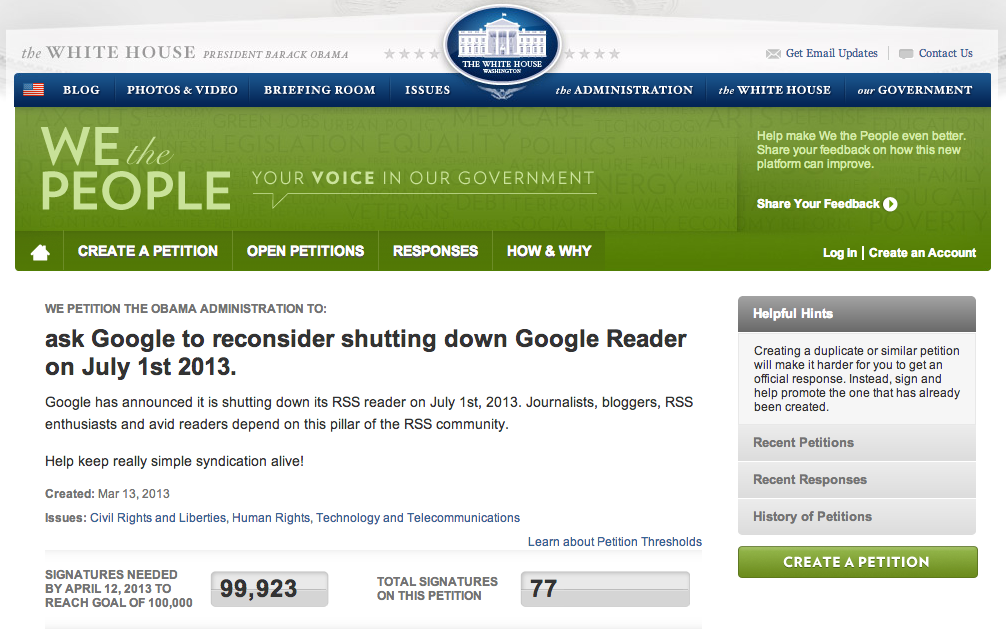…I’m throwing in an essay I recently submitted to some newspapers and the National Enquirer. (Just kidding, but it is actually in contention for a Pulitzer this year, for which it must eternally thank John Edwards.) Disclaimer: I have no particularly headstrong feelings for or against Google Buzz or any other social networking sites. (For more information, please message me, poke me, and invite me to a ninja battle on Facebook.)
Anyway.
* * * *
I’m an amateur Google Buzz user. On occasion, in the few days since its inception, I’ve been known to post a pithy little message from work, or share a link to a humorous news story. In short, I’m fairly representative of the hundreds of millions of people who regularly use social networking tools to stay in touch. Thus, when it became clear that Google’s Buzz team had not given privacy concerns enough consideration, I was among the legions of the disaffected, and I joined countless others in denouncing the search giant for the flaws in its ill-conceived product. Most concerning to many of us was the fact that the service, by default, allowed others to view our contacts, which could only be prevented by manually opting out.
However, unlike much of the online community, I am reluctant to extend my criticism of Google beyond this specific faux pas into the gray area of online privacy as a principle. In fact, a healthy chunk of the vitriol directed toward Google seems disingenuous, if not hypocritical.
As a loosely knit collective, we Web users – and especially those of us active in the social networking sphere – have, in effect, subscribed to an alternate society. Ours is a community in which shared friends, values, and interests precipitate shared information. When a group of college buddies goes skiing over Christmas break, the vacation is immediately virtually enshrined as a Facebook photo album. A food critic alerts the world about a restaurant’s new dish via Twitter. An up-and-coming band builds a fan base by posting music on MySpace, long before it signs a record deal.
And that’s just counting self-submissions. Ever since increasing bandwidth and cheaper storage spawned the explosion of Picasa, YouTube, and a variety of similar services, even those of us who’ve eschewed online schmoozing have been subject to frequent invasions of privacy. These violations range from the trivial – an embarrassing picture of someone asleep on a train – to the truly significant, as when job-seekers are denied a position due to pictures others have posted of them after one (or two, or three) too many drinks.
That such practices persist is a testament to the ubiquity of resources designed for the purpose of self-expression. Much has been made of the so-called digital era, a period that has seen, among other things, the blink-or-you’ll-miss-it rise and fall of Internet celebrities, individuals whose entire narrative arcs have been circumscribed by the medium that created them. As an enormous online neighborhood, we have smiled along with adoring parents who film their crying babies for posterity, perused blogs for gossip on public figures, scorned those caught in disgraceful acts, and even learned how to surreptitiously keep up with the Joneses without the hassle of actual communication.
And in so doing, we have embraced an implicit standard in which opting out, rather than in, must be chosen manually if we wish to safeguard our real-life identities. Yes, Google overstepped a boundary when it revealed its users’ online relationships via Buzz, but by joining the service we had voluntarily sacrificed a shroud of protective anonymity anyway. We had stepped into the circle of shared experience and then recoiled in horror when the net effect was – shudder – to bring us closer together.
After all the negative press Buzz received, Google promised immediate improvements, none more welcome than the switch from auto-follow to auto-suggest, a change requiring users to specifically select (or opt in) those whom they wish to follow, rather than Google picking for them. I welcome this change. There are many legitimate reasons for restricting the compromise of personal identity on the Internet, ranging from safety to preference and much else besides. But while we rightly concern ourselves with the proliferation of our lives’ digital fragments, it may be that we are fighting a losing battle to standardize an opt-in default in a community from which we refuse to opt out.




















